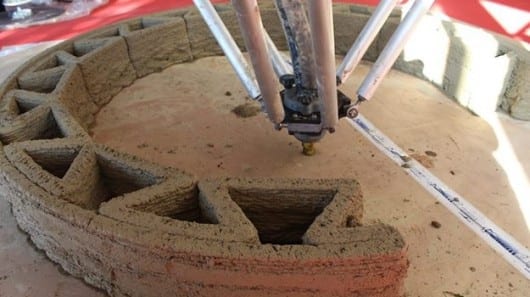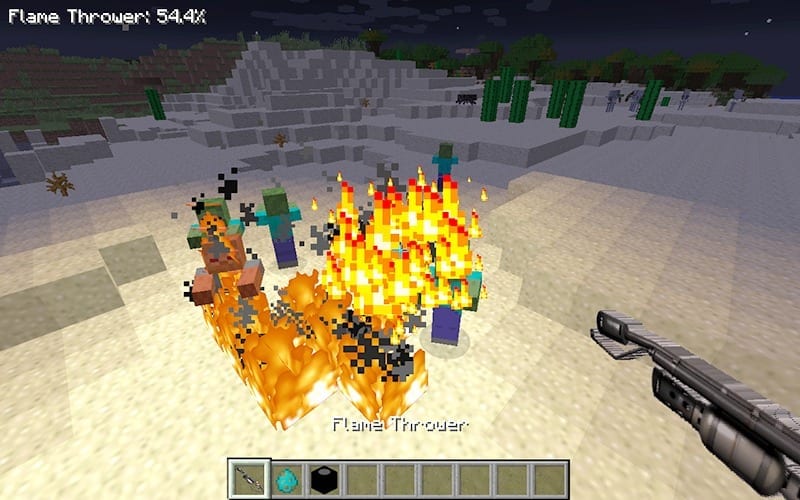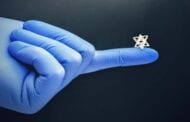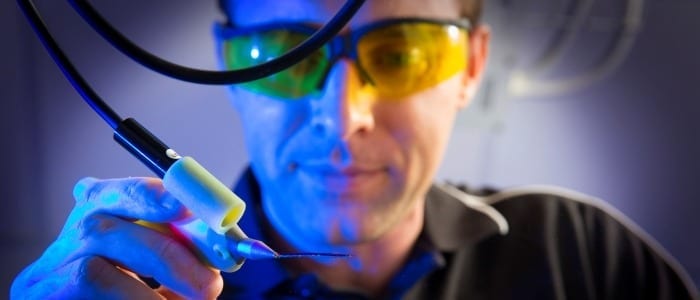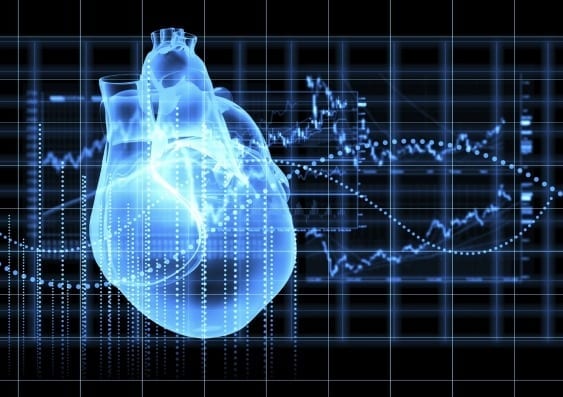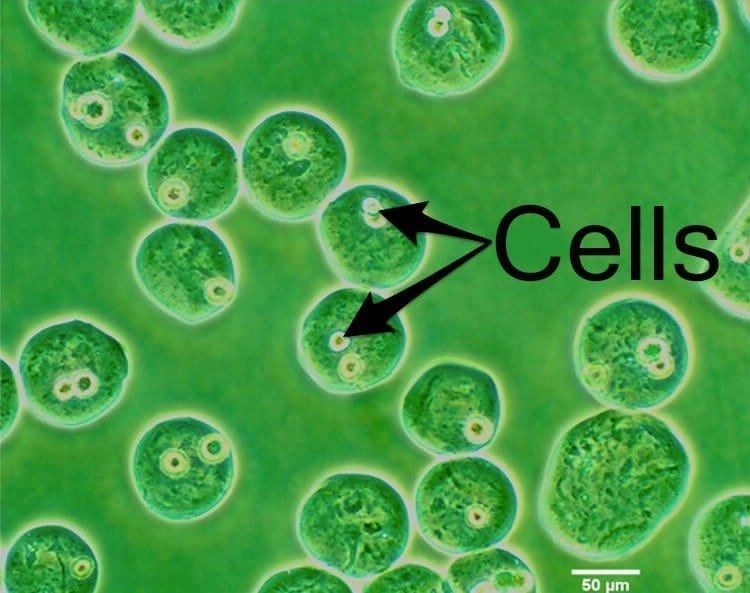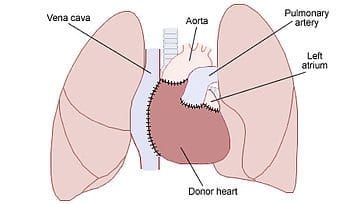
Schematic of a transplanted heart with native lungs and the great vessels. (Photo credit: Wikipedia)
The St Vincent’s Hospital Heart Lung Transplant Unit has carried out the world’s first distant procurement of hearts donated after circulatory death (DCD). These hearts were subsequently resuscitated and then successfully transplanted into patients with end-stage heart failure.
Transplant Units until now have relied solely on donor hearts from brain-dead patients whose hearts are still beating. The use of DCD hearts, where the heart is no longer beating, represents a paradigm shift in organ donation and will herald a major increase in the pool of available hearts for transplantation.
St Vincent’s has recently transplanted two patients using DCD hearts both of whom have recovered extremely well. The DCD transplants were carried out following pioneering basic and translational research undertaken by the Victor Chang Cardiac Research Institute and St Vincent’s Hospital, who have jointly developed a special preservation solution that together with the use of a novel portable console to house, resuscitate and transport donor hearts; has made this milestone achievable.
The ex vivo Organ Care System (OCS – TransmedicsTM) involves the Transplant retrieval team connecting the donor heart to a sterile circuit where it is kept beating and warm thereby limiting the detrimental effects of cold ischaemia (a period where the heart is dormant without oxygen and nutrients) that occurs with the standard organ preservation mode of packing the heart on ice in an Esky. Once housed inside the portable device, the heart is reanimated, preserved and able to be functionally assessed until it is ready to be placed inside the recipient.
Coined the “Heart in a box”, for the past several months the OCS has provided the transplant surgeons greater versatility with regard to both organ preservation and resuscitation. This has enabled the St Vincent’s Transplant Unit to conduct several regular heart transplants this year through more long distance organ retrievals and most importantly, retrieval of “marginal hearts”, that is, brain death hearts previously regarded as being unsuitable for transplantation.
This portable OCS technology will help significantly in mitigating the significant disparity that remains between the increasing number of patients with end-stage heart failure on the transplant waiting list and the number of suitable donor-hearts that are available. Whilst the use of DCD organs has already made an enormous positive impact on liver, kidney and lung transplantation, it has to date not been possible to use DCD hearts. This is the first time internationally that human heart transplantation has been achieved with hearts donated following circulatory death and procured at a distance with portable organ preservation technology.
The Latest on: End-stage heart failure
[google_news title=”” keyword=”end-stage heart failure” num_posts=”10″ blurb_length=”0″ show_thumb=”left”]
via Google News
The Latest on: End-stage heart failure
- First combined heart pump, pig kidney transplant in same patient successfulon April 25, 2024 at 7:01 am
NYU Langone surgeons pave the way for xenotransplantation with a successful combined heart pump and gene-edited pig kidney transplant.
- 'We have combined two marvels of modern medicine': Woman gets pig kidney and heart pump in groundbreaking procedureson April 25, 2024 at 3:00 am
In a medical first, doctors transplanted a gene-edited pig kidney into a human patient after giving her a new heart pump.
- Grandma receives first pig kidney transplant combined with mechanical hearton April 24, 2024 at 3:58 pm
A 54-year-old grandmother has successfully received the first-ever combined pig kidney and mechanical heart pump transplant. Lisa Pisano, a New Jersey native with end-stage kidney disease and heart ...
- Woman becomes 1st patient to undergo combined heart pump implant and pig kidney transplanton April 24, 2024 at 11:12 am
In a first-of-its-kind procedure, a terminally ill New Jersey woman received a pig kidney transplant and a surgically implanted mechanical heart pump.
- Woman Becomes First Person to Receive Both Pig Kidney Transplant and Heart Pumpon April 24, 2024 at 10:37 am
A woman with life-threatening heart and kidney disease became the second person ever to receive a genetically modified pig kidney and the first person to receive a heart pump and a transplanted organ ...
- New Jersey woman gets first-ever pig kidney transplant with mechanical heart pumpon April 24, 2024 at 9:45 am
New Jersey native Lisa Pisano has gotten a new lease on life, thanks to a combined transplant of a mechanical heart pump and a gene-edited pig kidney.
- Doctors perform first combined heart pump and pig kidney transplanton April 24, 2024 at 9:10 am
For the first time, surgeons at NYU Langone Health performed a combined mechanical heart pump and gene-edited pig kidney transplant into a living person.
- Doctors Combined a Heart Pump and Pig Kidney Transplant in Breakthrough Surgeryon April 24, 2024 at 8:07 am
In the first procedure of its kind, a 54-year-old New Jersey woman received a genetically engineered pig kidney and thymus after getting a heart pump.
- Surgeons perform first combined heart pump and pig kidney transplanton April 24, 2024 at 6:00 am
The first transplant surgery to combine a mechanical heart pump as well as a gene-edited pig kidney has been completed at NYU Langone Health, the system said Wednesday.
- FDA recalls Abbott heart pumps linked to deaths, injurieson April 20, 2024 at 3:31 am
The recall affects the only medical option for many patients with end-stage heart failure who do not qualify for a transplant.
via Bing News

